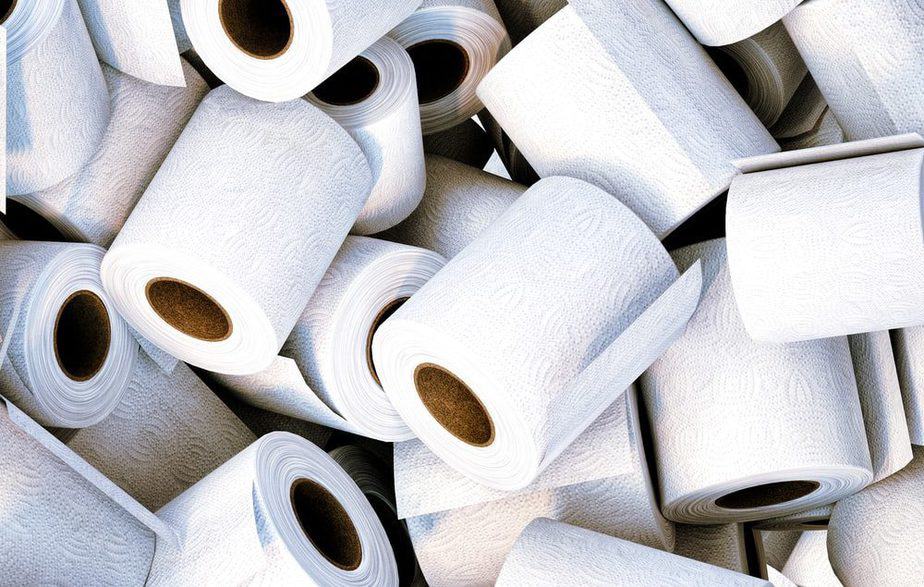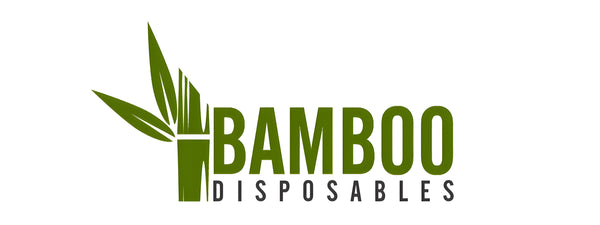
Recycled Toilet Paper: Is It Really as Sustainable as It Seems?
Share
Recycled toilet paper is often presented as a sustainable choice for environmentally conscious consumers. The idea that we can turn old paper products into new toilet paper rolls seems like a logical step towards a greener world. But does this choice really prove to be so sustainable in practice? Despite the good intentions of recycled toilet paper, figures and scientific research show that it doesn’t always deliver the ecological benefits we might hope for. Let’s take a look at the sometimes overlooked facts and discover why recycled toilet paper may not always be the best choice for the environment.
The Apparent Sustainability of Recycled Paper
Recycled toilet paper seems like a step in the right direction, especially since it uses existing materials instead of virgin raw materials. This should help reduce deforestation and waste. However, the reality is a bit more complex. Recycled paper production requires significant amounts of water and energy, and its carbon footprint can be surprisingly large.
The Invisible Costs of Recycling
Although recycled paper is promoted as environmentally friendly, the hidden costs of this production can be significant. The recycling processes themselves are often water- and energy-intensive, which can negate the ecological benefits. In addition, recycled fibers often have to go through a chemical process to be cleaned and bleached, which can lead to the use of harmful substances and a greater burden on the environment.
Problematic Byproducts and Chemical Treatments
Another area where recycled toilet paper falls short is in the chemical byproducts used during production. Many recycled papers undergo a bleaching process that releases chemicals such as PFAS (per- and polyfluoroalkyl substances). These harmful substances can remain in the final product and have potentially harmful effects on both our health and the environment.
Bamboo as a Sustainable Alternative
Given these drawbacks, it makes sense to investigate whether more sustainable alternatives are available. Bamboo toilet paper, for example, offers several advantages that recycled paper cannot match, such as lower water usage during production and the absence of harmful chemicals. It is important to make an informed choice and understand that not everything that looks green is necessarily green.
Choosing toilet paper is more than just a consumption decision – it’s an opportunity to make a positive impact. By critically examining the environmental footprint of recycled paper and considering what alternatives are available, you can help create a more sustainable future.
When making your choice of toilet paper, don't be fooled by the apparent benefits of recycled paper. It can be helpful to look further and discover which products really contribute to a greener planet.
